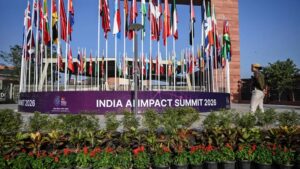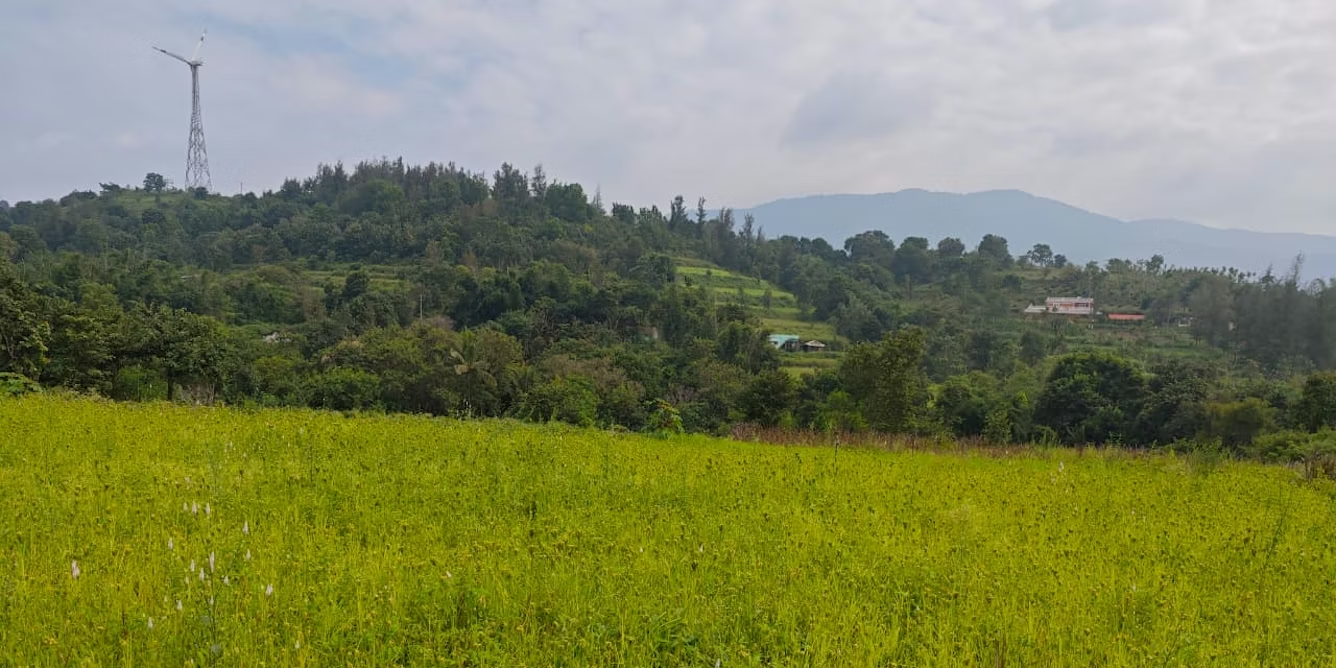The Risks Of A Digital Cold War

Since the COVID pandemic, the demand for flexible work arrangements has sky-rocketed, with workers seeking better work-life balance and more leisure time. Calls for working from home, hybrid work and the four-day work week have all grown dramatically (Representational Image)
The US sees TikTok as having inseparable ties with the Chinese state. The main concern is the concept of data security or the nationalist idea of data sovereignty.
Realistically it appears geopolitical tensions are the real issue.
TikTok is another frontline in the US-China technological struggle for online dominance. The real loser in this conflict is the user and the progress of data transparency.
The issue has different perspectives.
While the battle between China and the US for who controls the internet of the future is a key component, others see it as an attempt to tighten grip over a small corner of the internet, already dominated by digital tycoons — Facebook, Amazon, Netflix, Google (FANG) — and now TikTok.
Either way, if the US government does ban TikTok it probably won’t be the US or Chinese governments which benefit.
For the US, banning TikTok would jeopardise the entire notion of a ‘globalised internet’.
The concept of worldwide communication, the internet as we know it, would become splintered, leading to the ‘splinternet’, where the online space is dissected by nations.
Banning TikTok would send a message to the world that the US will never allow apps that originate from other countries to occupy major global influence.
This could be seen as government overreach, unconstitutional and unlawful.
It’s unlikely China would benefit either.
TikTok is the first Chinese digital app with a global reach, however, the app itself is without a discernible Chinese flavour.
It’s not realistic to achieve propaganda or political agendas through the app. At best, it’s merely a channel, to provide an alternative understanding against the Western-focused presentation of China.
All the hearsay about how the Chinese government collects and uses data from users of TikTok are merely conspiracies that lack any concrete proof.
If we’re voting yes for a TikTok ban, we’re voting for a new digital cold war, further away from the globalised internet as it should be. In that sense, we’re granting power into the hands of governments, letting information be blocked by the will of the few and the powerful.
The underlying logic is the construct of data security. Who owns the data and who controls it should be the users themselves. But the fight we’re seeing is not about this.
What would be beneficial to users is a greater move towards data transparency so they know how their data is being used. This should include not just users of TikTok, but of all other digital apps too.
The truth is, TikTok’s data policy is even more transparent than Facebook’s.
Where TikTok meticulously documents how and what data will be collected from users, Facebook opaquely says, ‘Facebook owns all the data that users generate on its website’, without going into details.
The bottom line is, platforms or governments should act as intermediaries when it comes to data. Use of data, despite its purpose, should always be granted by its original owner.
However, we have too many loopholes in the current system, luring users for consent without actively informing them.
‘Terms and conditions’ don’t count. The power of data should never fall into the hands of governments or platforms. That’s the principle that regulators need to establish, prior to the potential AI society of the future.
Imagine when we use US-designed AI technologies, such as the newly announced Apple vision pro, or US-designed apps and services, potentially something like Meta, should we be concerned about data ownership?
The point is not which government owns them, but to make sure that no platforms nor national governments will be able to manipulate or appropriate the data of the people who create it.
The real solution here is a framework and global policy that oversees data transparency protecting it for all users regardless of what side of any potential digital cold war they come from.
(Published under Creative Commons from 360info.org. Read the original article here)





